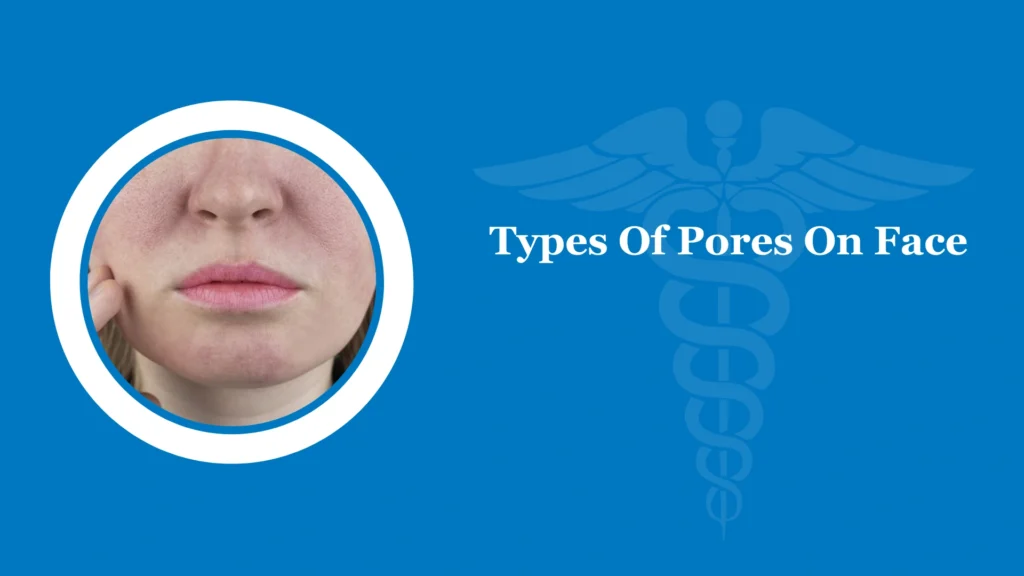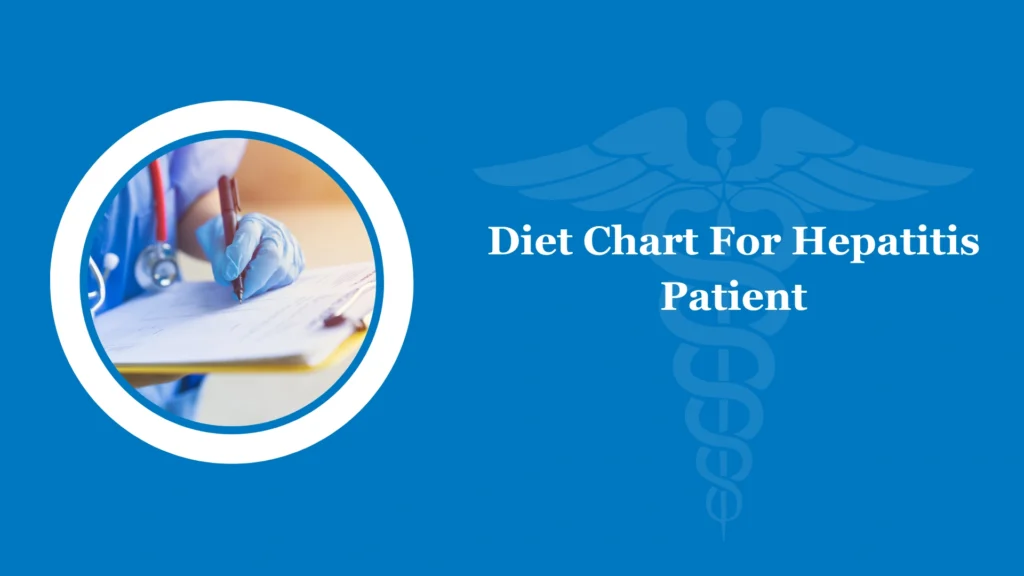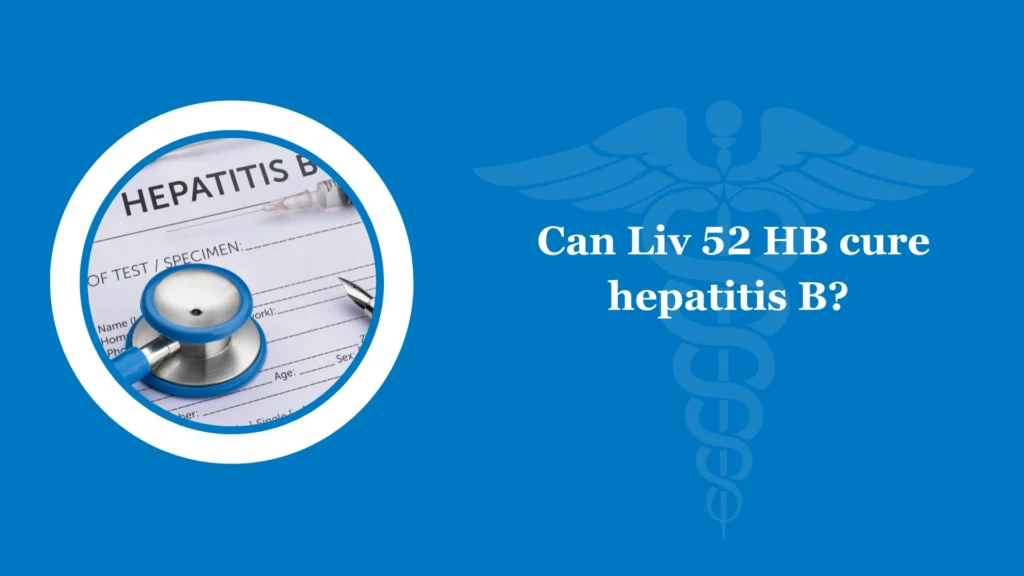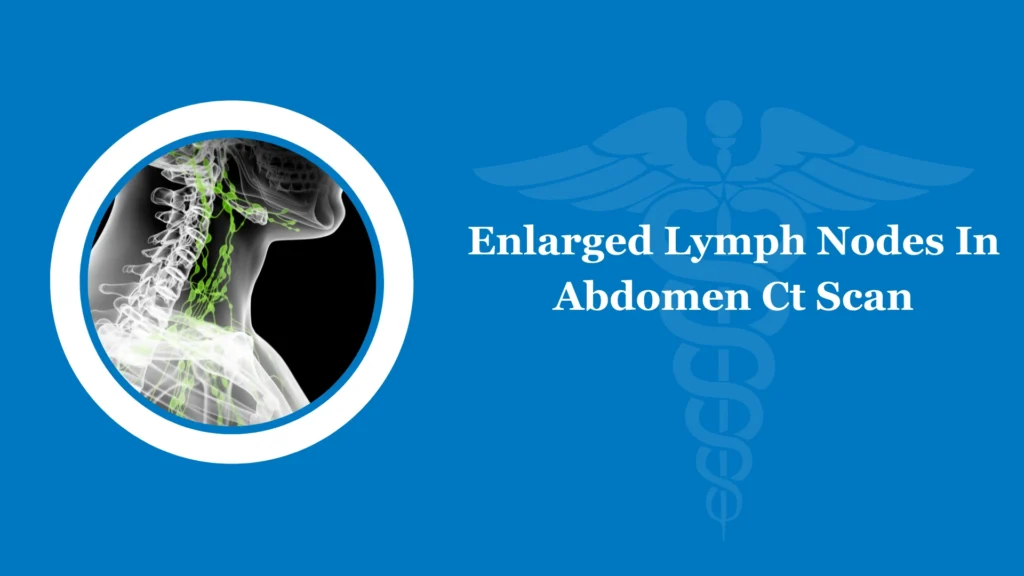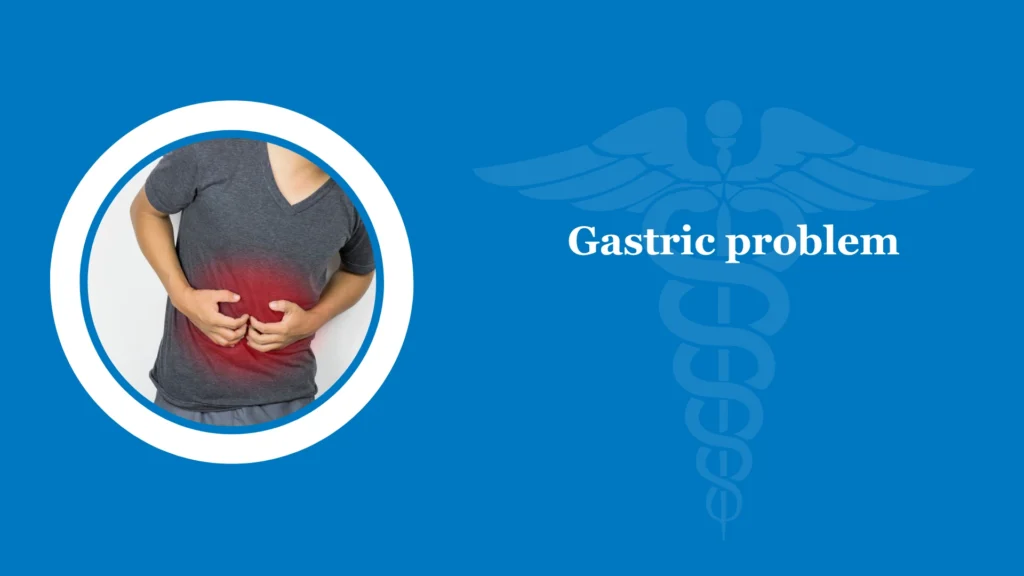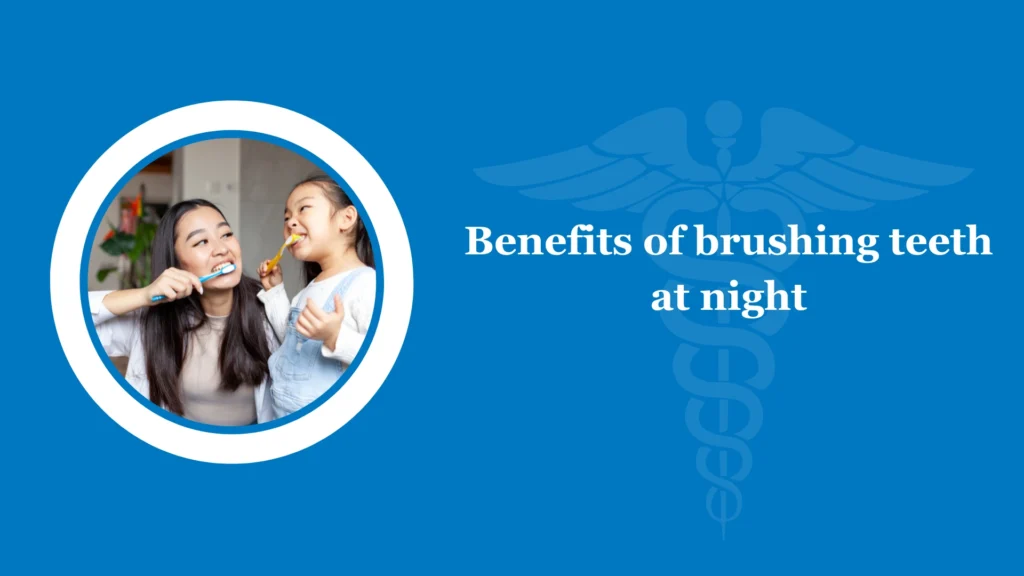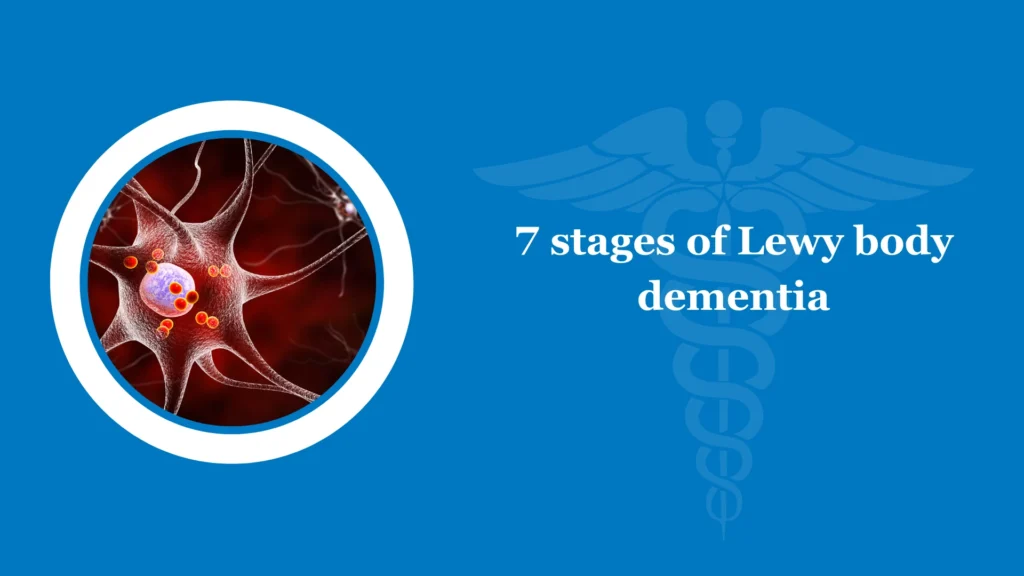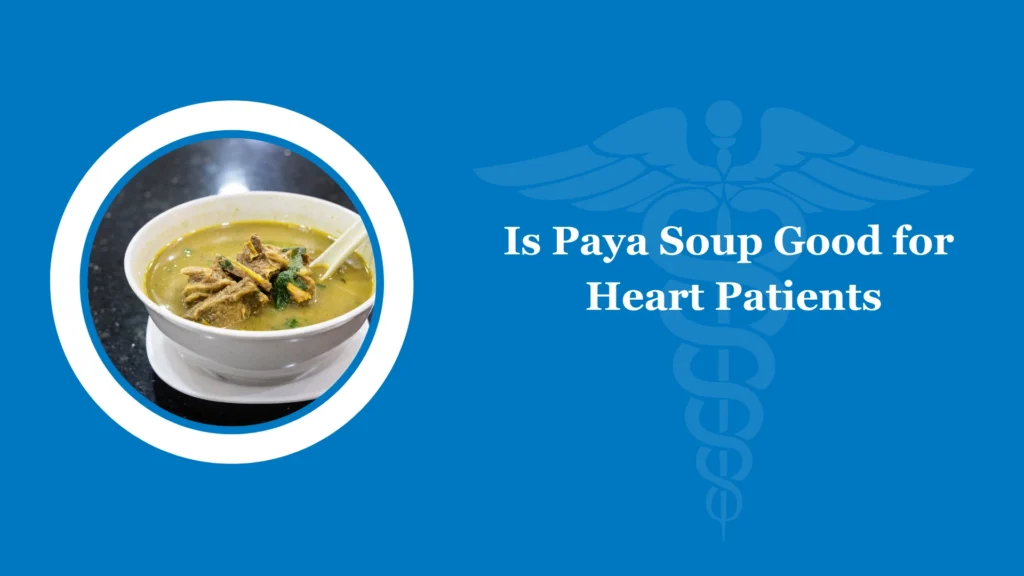Hey there! Have you heard about PCOS? There’s something called the PCOD diet plan to help out. It’s simple, not fancy – just eat right and kick PCOS out. Let’s see what this PCOD diet plan is and how it helps those with PCOS.
The PCOD meal plan is a fixed eating schedule made to help designed exclusively for people with Polycystic Ovary Syndrome (PCOS). It’s about eating whole and uncooked foods to help shed pounds, increasing nutrient intake, and keeping PCOS symptoms in check.
This plan usually has meals packed with lean proteins, complex carbs, good fats, and must-have nutrients to keep your body in tip-top shape. Also, it includes cutting out sugars, inflammatory eats, and alcohol to keep blood sugar steady and PCOS under control.
Adhering to a PCOD meal plan can help those with PCOS drop pounds, get regular periods, boost insulin sensitivity, and cut down the odds of getting other health issues like type 2 diabetes.
The impact of the PCOD diet chart
A diet plan for PCOD functions as a guide for those who are affected by PCOS to control their health better. We would follow a nature-based diet that would aid in making us lose weight, intake more minerals, and manage the symptoms of PCOS.
Developing PCOD will involve eating lean proteins and chewing on good fats and carbohydrates often, which are needed to keep your body strong, fit and healthy.
Besides, as a rule, you should maintain the right sugar metabolism, stay away from inflammatory foods and just moderate the dosage of alcohol. An evidence-based natural diet strategy helps lose weight, get the periodic cycle back on track, regulate how the body manages insulin, and reduce the risk of getting other diseases like type 2 diabetes.
PCOD diet chart for weight loss
The PCOD diet program targets particular foods selected to help with an ovary syndrome problem (PCOS). PCOS Diet plan is devoted to combating key PCOS aspects, such as insulin resistance, hormonal balance, weight control etc. It is based on a diet including low GI foods, high fiber, and omega-3 fatty acids Such an effect can support blood sugar maintenance and reduce inflammation, enhance insulin sensitivity, and promote weight regulation.
Seasonal vegetables, oats, ginger turmeric tea, almonds, and, at the same time, beetroot salad are some of the foods for the PCOD diet plan, which comprises a 7-day meal routine. The basic idea is to be cautious with processed sugars, inflammatory foods, and excessive alcohol consumption in an effort to flag those symptoms and increase inflammation, which only makes things worse.
PCOS patients can experience several anti-diabetic effects such as weight loss, improved insulin sensitivity, and regular menstrual periods after consistent application of such a strict dietary plan.
Foods to Include in Your PCOD Diet Chart Plan
When creating a PCOD diet chart, it is essential to include foods that can help manage symptoms effectively. Based on the provided sources, here are key foods to include in your PCOD diet chart plan:
- Fruits: Include fruits such as grapes, claret, cherries, blueberries, blackberries, strawberries, apples etc, in your daily diet. However, this fruit is limited to the low-GI category in the range of glycemic index and has a distinct advantage for insulin sensitivity.
- Vegetables: Consume green leafy vegetables such as broccoli, kale, and spinach in PCOS diet structure since they have many named nutrients that meet PCOS needs.
- High-Fiber Foods: Instead of carbohydrate-rich foods consider choosing for green veggies, trees types, seeds, peas, and oranges which regulate PCOS syndrome and aid in weight loss.
- Nuts: Try including nuts like walnuts, almonds, pistachios or pine nuts in your diet, because they have a lot of healthy fat that helps treats PCOD.
- Fish: When you are reading out the food list to treat rosemary, include omega-rich and fatty fish like salmon, sardines, mackerel, and tuna in your PCOD diet, especially adding it for weight loss diets.
Foods to avoid in PCOD
When it is time to manage the onset of Polycystic ovary syndrome (PCOS) it is very cardinal to be thoughtful on food consumption. Here are essential foods to avoid in your PCOD diet chart plan:
- Refined Carbohydrates: These could result in some quick spikes in blood sugar, acclimatizing to the diet of PCOD.
- Sugary Beverages: Skipping out on sugary drinks (including soft drinks, fruit juice, bottled smoothies, and sweetened waters), is a good place to start.
- Processed Meats: These are products of meat processing like sausages and salamis. Cases of these kind of meat may lead to high level of insulin and affect your general health.
- Dairy Products: Decrease the amount of animal products like cottage cheese, perfumed yoghurt, and shake-mix.
- Gluten: The consumption of gluten-containing food should be avoided for the reason that it may lead to inflammation or resistance to insulin, or even may result in the development of diabetes.
Tips and Exercises for PCOD
- Regular Exercise: For PCOS patients, the advantage of working out is that regular physical activity helps counter PCOS-related problems such as obesity, abnormal glucose metabolism, and fatigue.
- Balanced Nutrition: Although it seems quite tricky to optimize your diet, the following simple rules will be the main base: choose unprocessed, wholesome foods; decrease the glycemic index of your carbohydrate meals; decrease the amount of sugar you take; and incorporate healthy fats into your daily routine of eating.
- Stress Management: Please in the range of stress control, setting up for instance yoga and mindful meditation that can fend off stress hormones and insulin, the all important hormones for PCOS symptoms.
- Consistency: Strength training, cardio and active recovery must be exercised in your sustainable exercise routine which should include a mix of all these exercises.
Conclusion
The PCOD diet chart is an indispensable weapon when it comes to PCOS treatment. When healthcare experts and a willingness to make lifestyle adjustments are used, people living with PCOS feel understood and can lead fulfilling and healthy lives.
Frequently Asked Questions:
What to Avoid if You Have PCOD?
If you have PCOD, it is important to avoid certain foods to manage your condition effectively. Here are key things to avoid:
- Refined Carbohydrates
- Sugary Beverages
- Processed Meats
- Dairy Products
- Gluten
Is Banana Good for PCOD?
Bananas are generally considered a healthy fruit, but for individuals with PCOD, it’s important to moderate their intake due to their natural sugar content. While bananas are a good source of nutrients like potassium and fiber, they are also relatively high in carbohydrates.
How to Reduce PCOD Problems?
To reduce PCOD problems, consider the following strategies:
- Balanced Diet
- Regular Exercise
- Stress Management
- Consult






